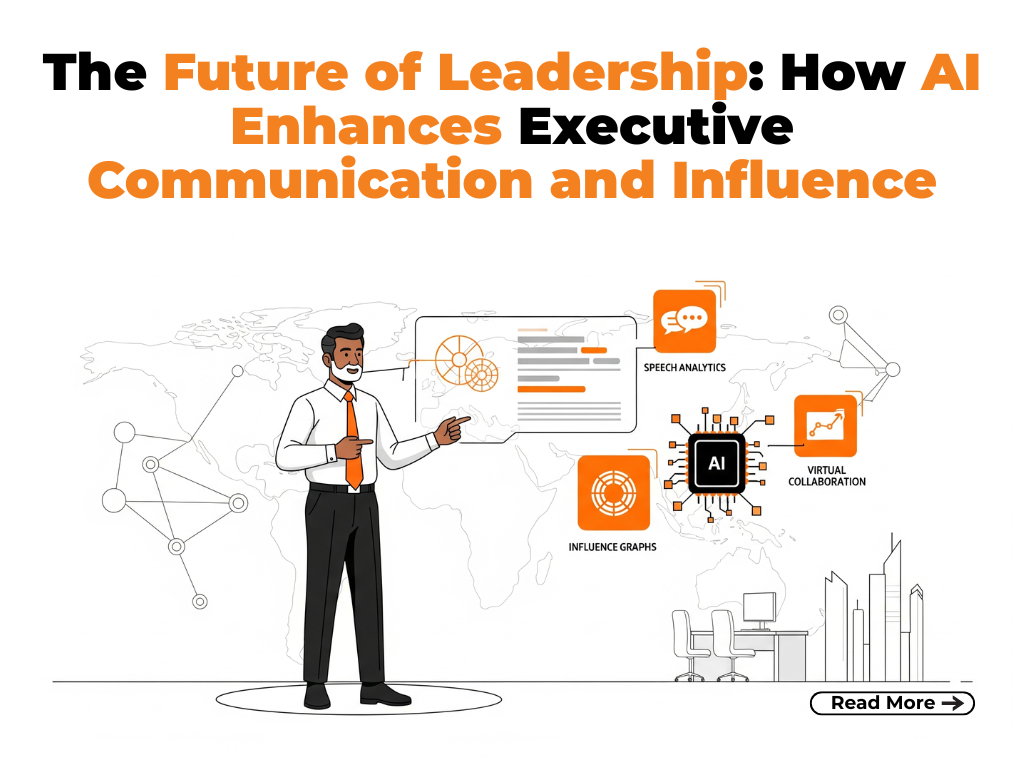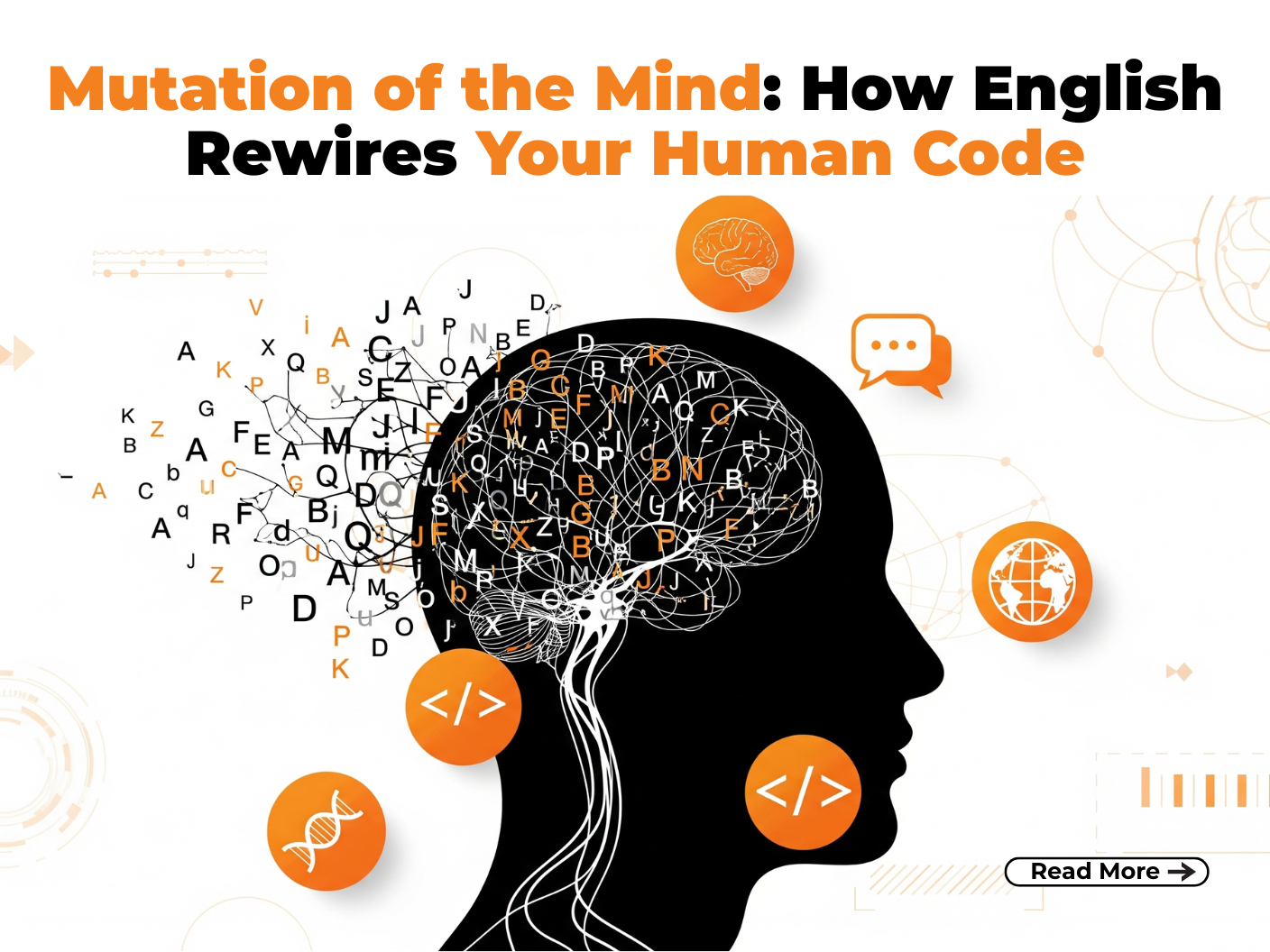These days, artificial intelligence (AI) is more than just a trendy term; it has permeated practically every facet of modern life, including higher education. From intelligent tutoring systems to AI-generated study support, artificial intelligence is transforming education, knowledge creation, and learning experiences. AI and education are now deeply intertwined, redefining how students learn and teachers teach. The academic ecosystem is undergoing an exciting and disruptive digital revolution, which has historically been defined by human-centered instruction and structured routines.
Teaching Transformation: The Emergence of Smart Classrooms
The way AI in teaching is changing teaching approaches is one of its most obvious effects in academia. Personalised learning experiences are replacing one-size-fits-all instruction thanks to AI-powered technologies. These advancements are opening new opportunities for AI for educators looking to improve instructional delivery and student support. Intelligent tutoring programs can modify the pace and content based on a student’s learning style while offering focused criticism and suggestions for development. Custom quizzes, interactive lessons, and real-time assessments are being made with tools like ChatGPT and AI-driven learning platforms.
Moreover, AI for teachers includes the ability to analyze classroom data and improve educational outcomes with less manual intervention. This data-driven approach allows instructors to modify their teaching strategies, ensuring that no student is left behind. Language translation tools and speech-to-text applications are also helping make content more accessible to students from diverse linguistic and physical backgrounds.
Natural language processing (NLP)-powered virtual teaching assistants are becoming more and more prevalent in higher education. These assistants help teachers save time and concentrate on more strategic and creative tasks by answering student questions around-the-clock, grading assignments, and even assisting with meeting scheduling.
Revolutionizing Research: Speed, Scope, and Accuracy
AI has opened up new avenues for research. Automation and intelligent data analysis have significantly accelerated academic research, which was previously a labour-intensive and time-consuming process. This shift is especially empowering for artificial intelligence students involved in early-stage research who benefit from fast access to knowledge and tools. AI systems are capable of sorting through enormous amounts of scholarly literature, finding pertinent works, and even summarising results in a matter of seconds. This makes it possible for researchers to perform thorough literature reviews at a never-before-seen pace. As artificial intelligence and education evolve together, research is becoming more data-driven, predictive, and collaborative.
AI is also assisting in the creation of research hypotheses, trend analysis, and model simulation. AI is capable of analysing large, complicated datasets, finding patterns, and making highly accurate predictions about the future in domains like biology, climate science, and the social sciences. For instance, plagiarism detection software and citation managers driven by AI are expediting the publication process while guaranteeing originality and quality. AI-based platforms also serve as AI homework help assistants by simplifying complex topics and automating routine reference tasks.
Additionally, AI is contributing to the democratisation of research. Smaller organisations and individual researchers can now access capabilities that were previously exclusive to those with substantial funding and resources thanks to open-access AI tools.
Enhancing Learning Ecosystems: Personalization and Accessibility
AI is significantly changing the way that students learn. Adaptive learning environments, which change according to student performance and interaction, are replacing traditional learning pathways. Real-time difficulty level adjustments, resource recommendations, and course material customisation are all possible with AI. The integration of artificial intelligence on education has helped create more tailored learning journeys for diverse learners.
AI-powered learning analytics offer useful information about the progress and engagement of students. Because there is less opportunity for direct human observation in online and hybrid learning models, this is particularly crucial.
Making education more inclusive is one of AI’s many noteworthy contributions. AI-powered solutions that provide voice-activated navigation, text-to-speech, and real-time captioning can help students with disabilities. Language translation tools guarantee that access to excellent academic content is no longer hampered by language. In particular, artificial intelligence language learning tools are breaking barriers by supporting multilingual instruction and comprehension.
Additionally popular are gamification and AI-powered immersive learning environments like virtual reality (VR) and augmented reality (AR). By giving abstract ideas a concrete form, these technologies improve student retention and engagement.
Challenges and Ethical Considerations
The use of AI in academia presents significant operational and ethical issues in spite of its many benefits. Data security and privacy are important issues, particularly when handling sensitive student and research data. Strong data governance procedures must be put in place by institutions to guard against abuse.
The possible loss of the human element in mentoring and instruction is another issue. Even though AI is capable of automating a lot of tasks, it cannot take the place of human educators’ empathy, moral guidance, and mentoring. It is crucial to take a balanced approach that blends human empathy with AI efficiency. As we move forward in teaching artificial intelligence, we must simultaneously teach about its risks, including bias and misuse.
Algorithmic bias is another possibility, in which biassed training data could cause AI systems to reinforce preexisting disparities. To guarantee equity in decision-making procedures, transparent AI models and thorough assessment are required.
The Road Ahead
Artificial intelligence and education are poised to co-develop the next era of academic growth and transformation. AI in academia has a bright future, but careful application is needed. In order to create inclusive technologies, invest in digital literacy, and create ethical frameworks, stakeholders—including educators, students, legislators, and technologists—must work together. Institutions now play a vital role in teaching artificial intelligence ethically and responsibly to the next generation of scholars.
To prepare students for a world enhanced by AI, educational institutions must reconsider their curricula and pedagogy. This entails encouraging multidisciplinary research that examines the societal effects of AI as well as incorporating AI literacy into different academic fields.
In summary, artificial intelligence (AI) is a force that is revolutionising academia rather than merely being a tool. It is changing the way that knowledge is learnt, experienced, and discovered. Even though there are obstacles in the way, there is a huge chance to build a more effective, diverse, and vibrant academic environment. The key, as we stand at the nexus of innovation and tradition, is to use AI in education to augment human potential rather than replace it.














